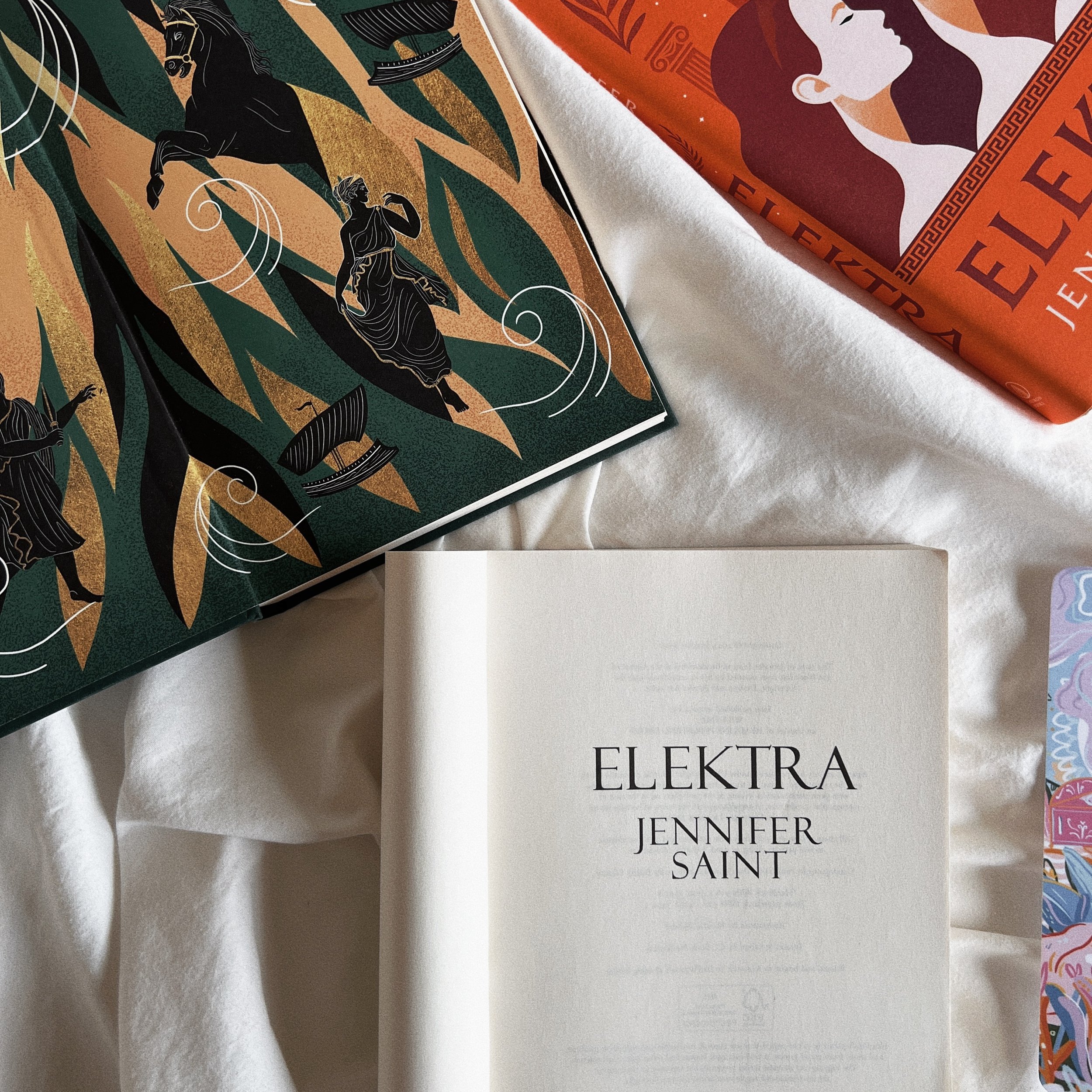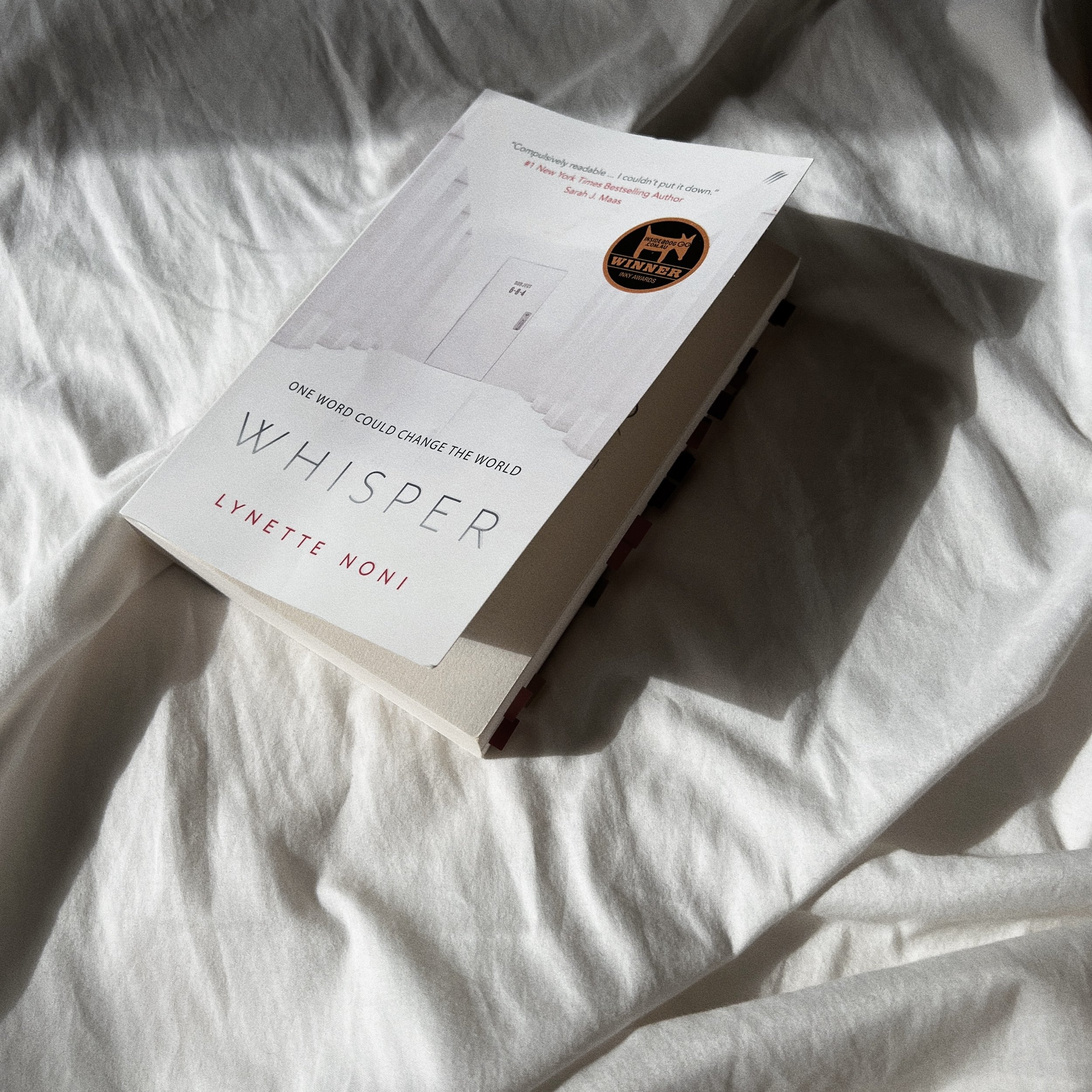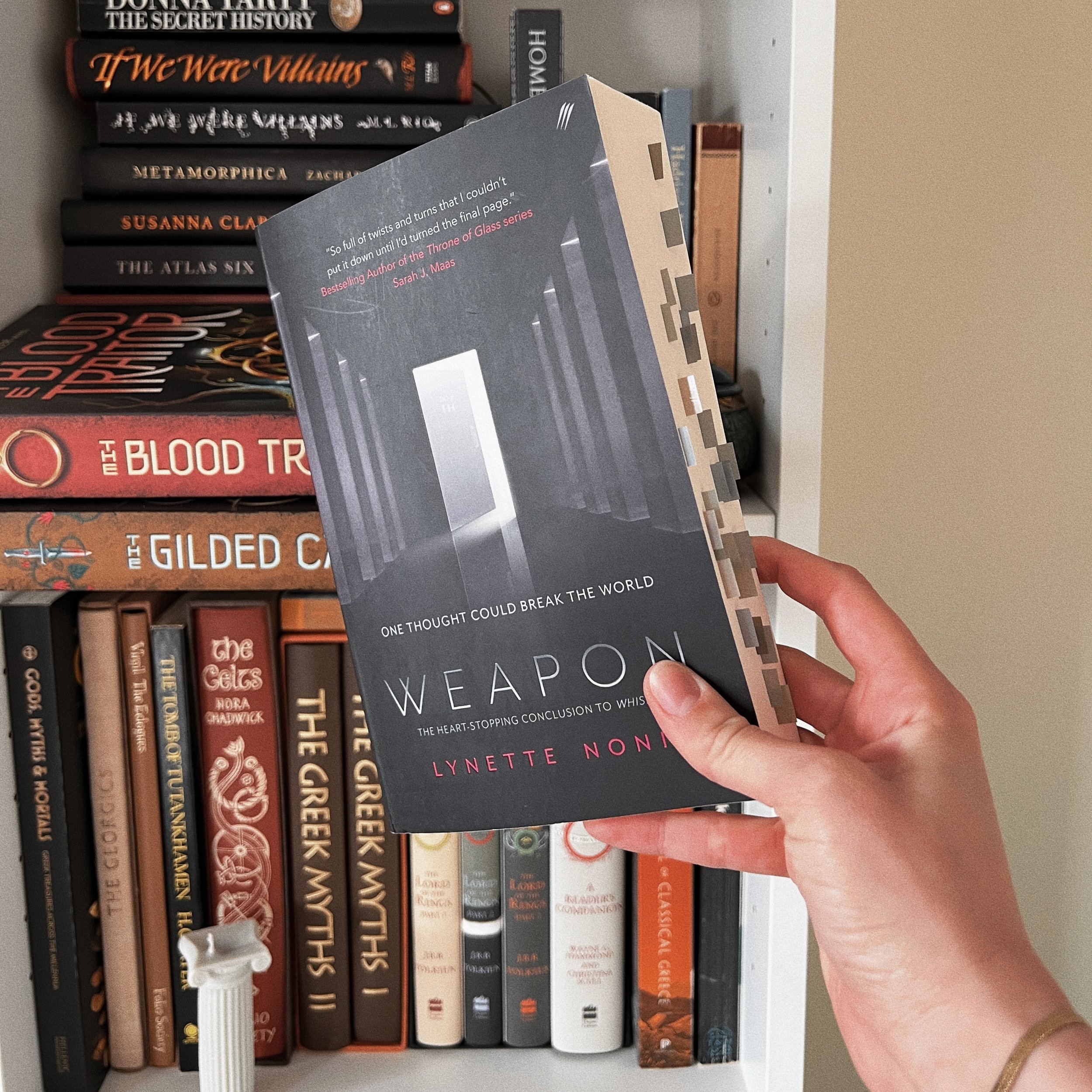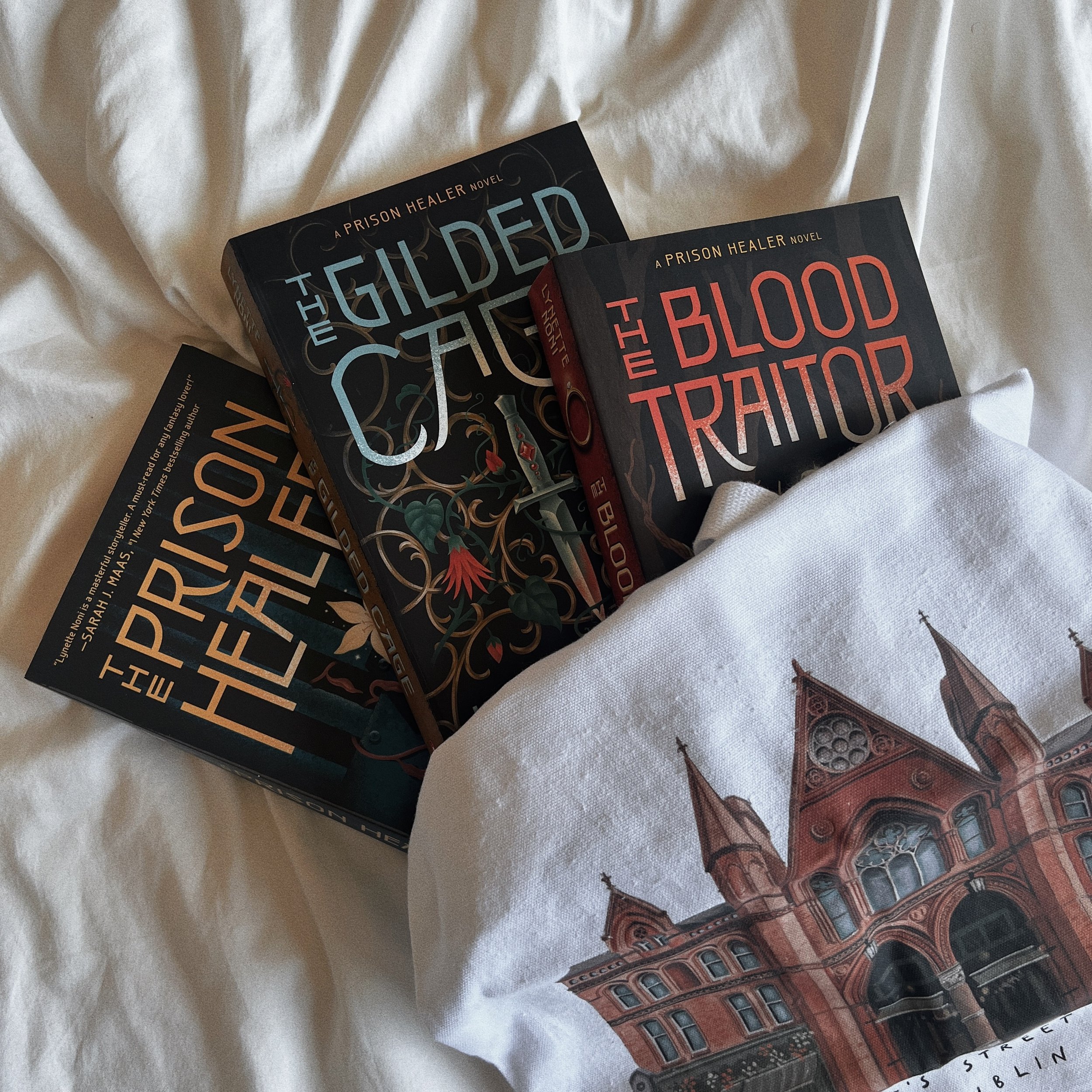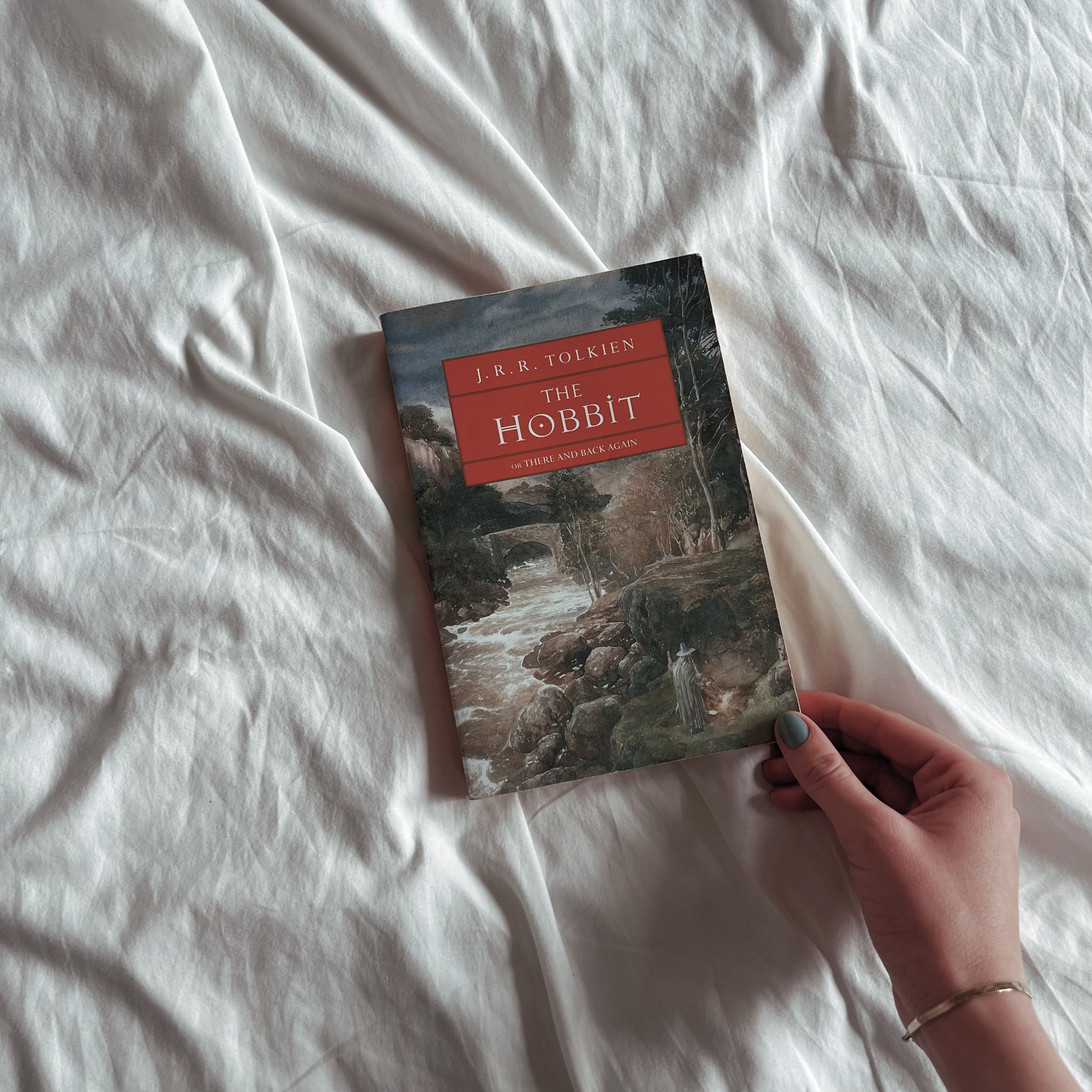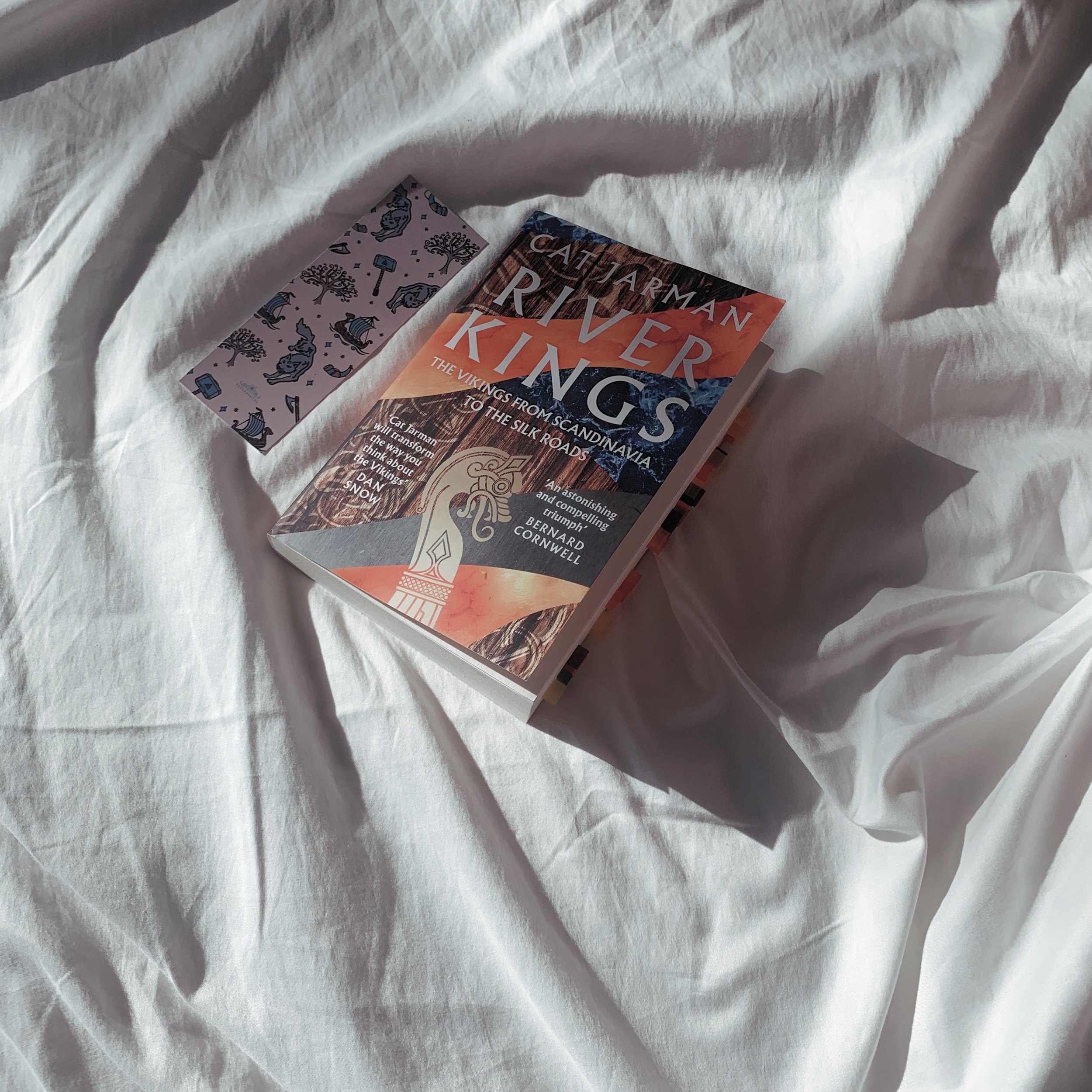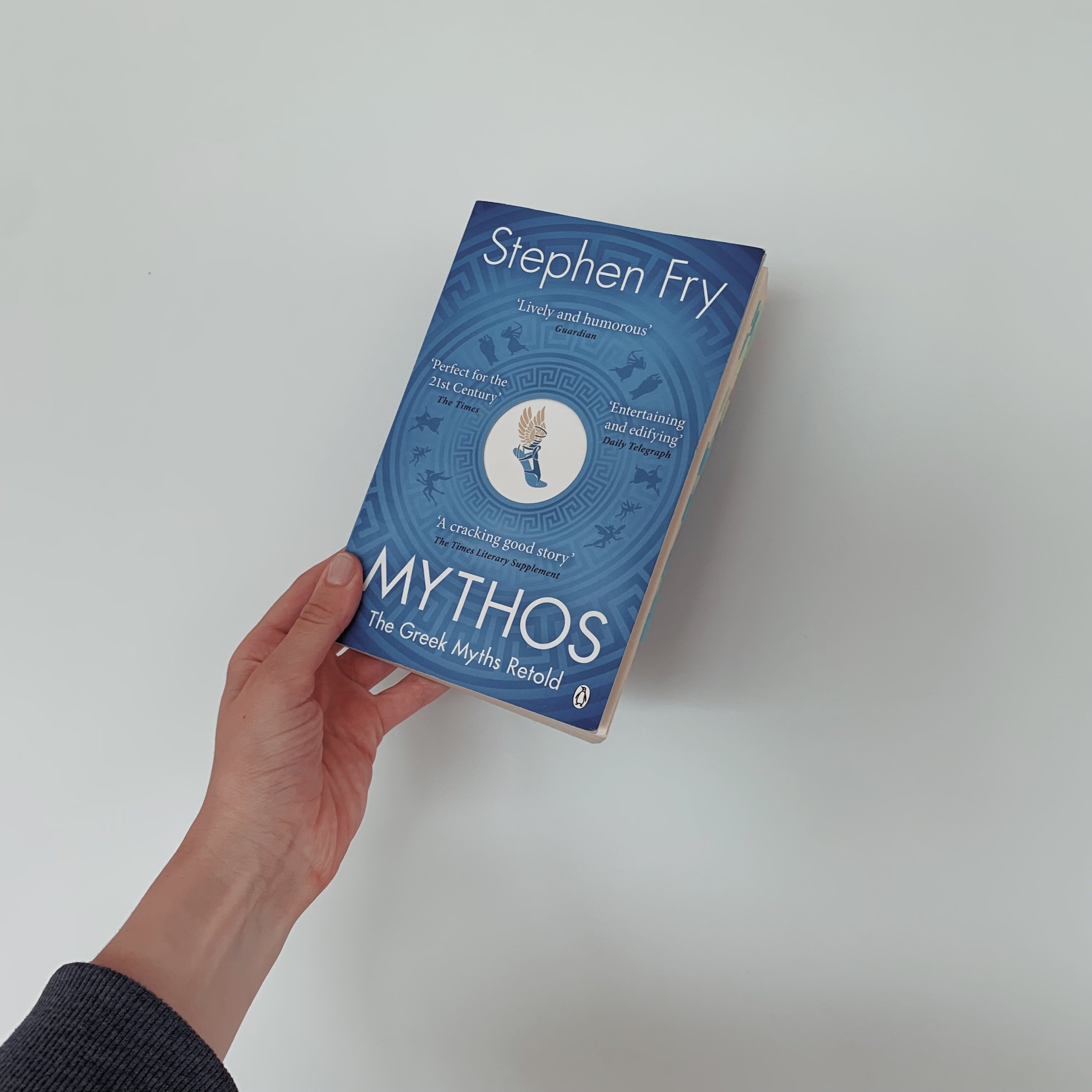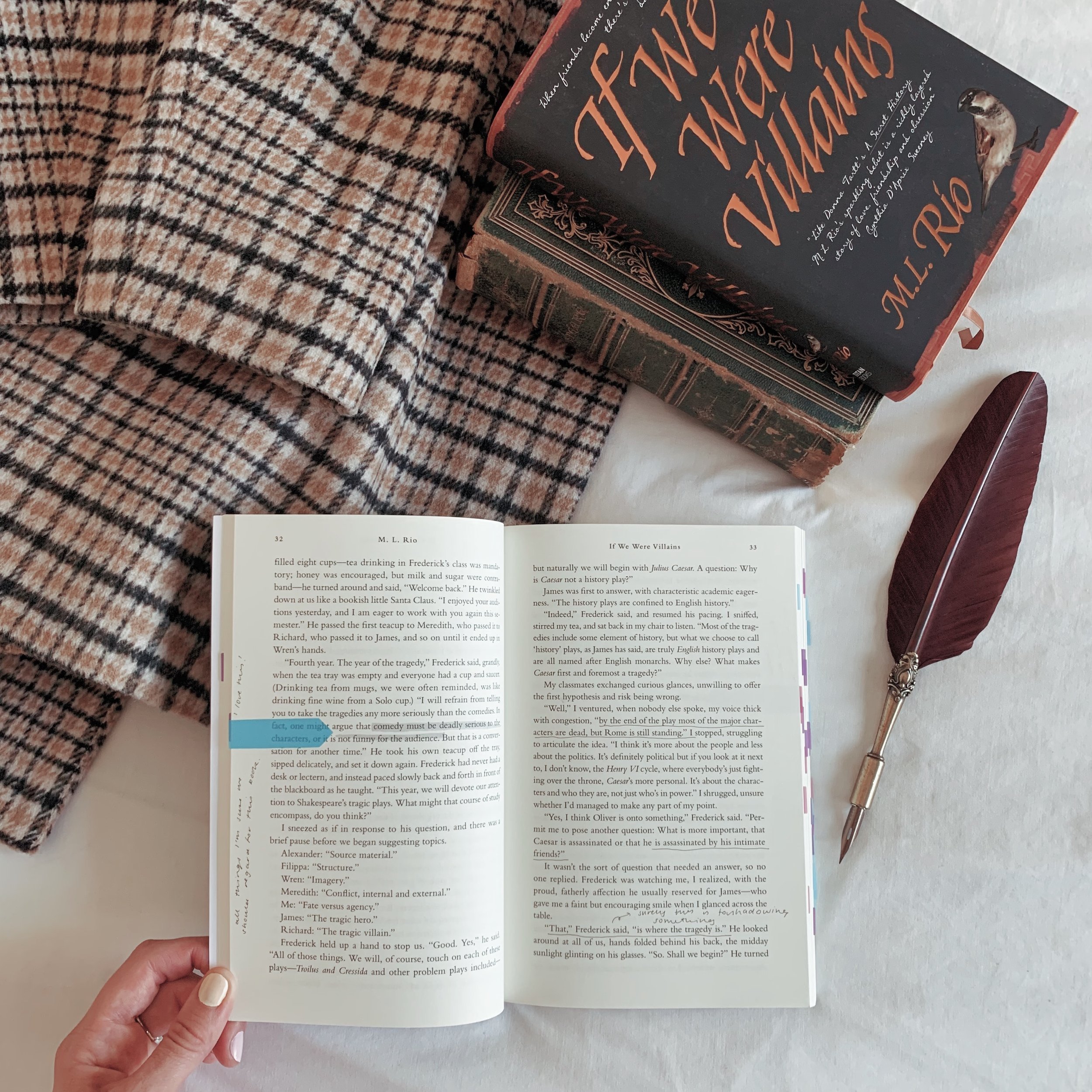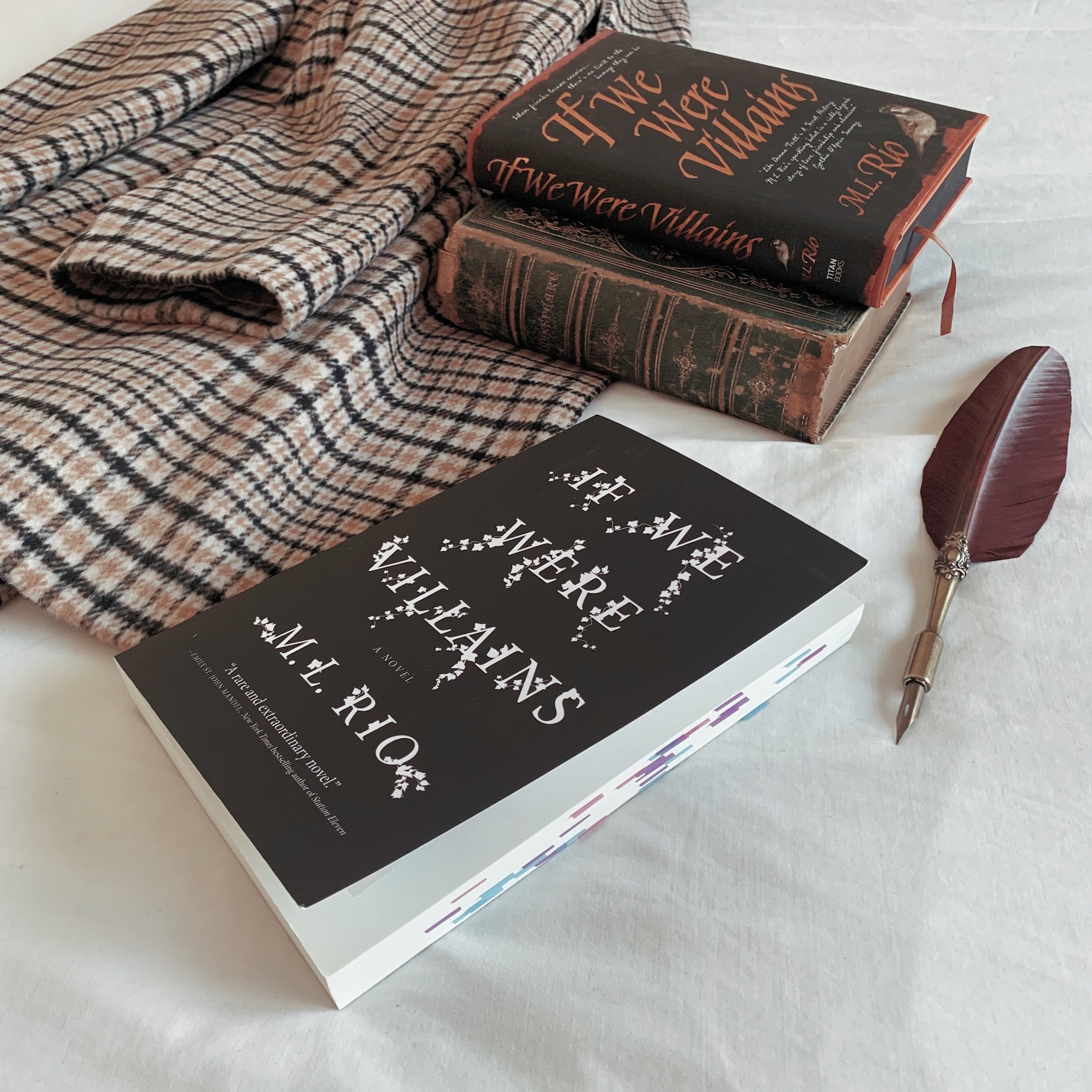Elektra ★★★★☆ | Book twenty seven of 2023 | paperback
Elektra by Jennifer Saint, despite the name, follows the lives of three women from ancient Greek mythology: Clytemnestra, Cassandra, and Elektra. The lives of these women are intertwined through this book through their three points of view as Saint draws comparisons between the women and their journeys through hope, grief, revenge, and peace.
Cassandra, the princess of Troy and sister to Paris, cursed with the gift of prophecy only to never be believed was my favourite of the three women. By disallowing Apollo to take what he believes he deserves after granting her with the gift of prophecy, she is cursed and shunned by her family and her people. Her powerlessness despite her wisdom and her continuous desire to help, to be heard, struck me time and time again.
Such a man speaks poetry in place of facts and thinks he tells a higher truth when all he spins is fantasy (67-68)
One of my favourite aspects of this book was the transformation of Clytemnestra, from a young woman to a loving mother, to having her child murdered by her husband in front of her eyes. The overwhelming grief and need for revenge that radiated from her throughout the novel was almost tangible. Clytemnstra is branded as a murderer who finally gets whats coming to her at the hands of her own son, but Saint reminds us of the grief that must have driven her hand. Saint reminds us that Clytemnestra lived through the worst betrayal, and her shift in demeaner caused by heartbreak humanises her in a way Greek tragedy does not.
Nothing brought them more joy than the fall of a lovely woman. They picked over her reputation like vultures, scavenging for every scrap of flesh they could devour (87)
Saint presents the Curse of Atreus and the Trojan War being experienced by the women. We don’t read pages upon pages of bloodshed from the battle, but the effect these events had on the women in Troy, and in Mycenae. The most striking element to Elektra was the nuance of Saint’s retelling — despite Cassandra, Clytemnestra, Elektra and even Helen all being women living through war, and despite these women being on different sides of the war, Saint binds these women together through shared experiences, while also conveying the varying ways people react to the same events. Elektra holds her father in the highest regard to the final page, believing his sacrifice of her sister was as the gods demanded, all while Clytemnestra kills Agamemnon for her children, assuaging her grief for Iphigenia. In the final moments of Cassandra and Clytemnestra, the women are the same in their desire for peace. Elektra being feulled by revenge as she always hated her mother for, and for her belief that Cassandra was lucky to have been chosen as a slave by such a great king as her father.
This book was a beautiful retelling of a brutal and bloody episode of Greek myth.

